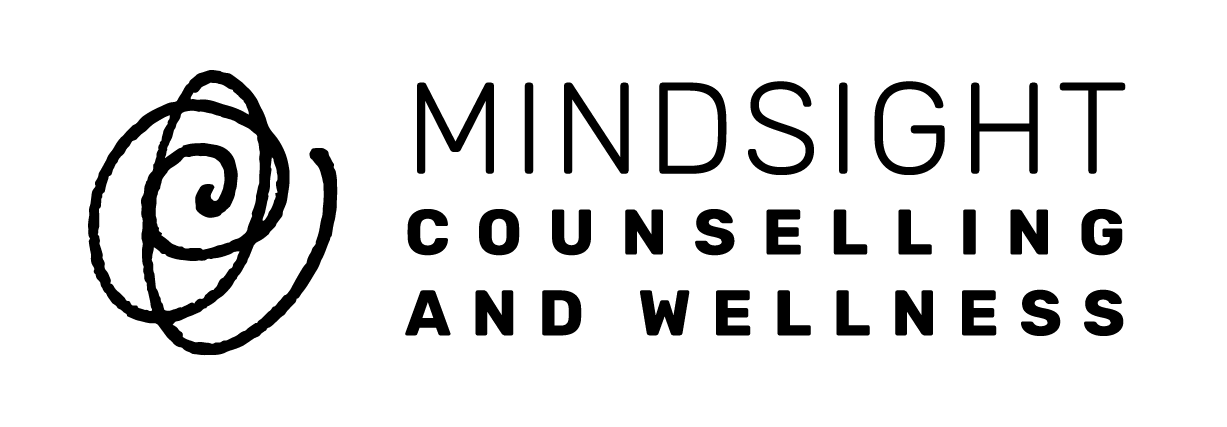Navigating Creative Blocks & Artist Burnout:
The Care and Feeding of the Creative’s Mental Health
A workshop for creatives.
This online workshop is being hosted by the Canadian Federation of Artists. They invited me to deliver this workshop to help artists learn mental health practices with the goal of navigating creative blocks and helping to prevent burnout.

